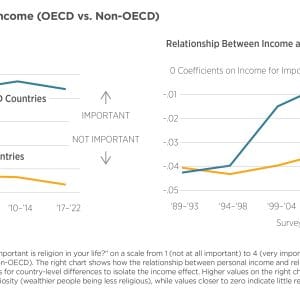- About
- Network
- Research Initiatives
- Big Data Initiative
- Chicago Experiments Initiative
- Health Economics Initiative
- Industrial Organization Initiative
- International Economics and Economic Geography Initiative
- Macroeconomic Research Initiative
- Political Economics Initiative
- Price Theory Initiative
- Public Economics Initiative
- Ronzetti Initiative for the Study of Labor Markets
- Socioeconomic Inequalities Initiative
- Research Initiatives
- Scholars
- Research
- The Five Shanghai ThemesHarald UhligMissing Markets for Innovation: Evidence from New Uses of Existing DrugsEric Budish, Maya M. Durvasula, Benjamin N. Roin, and Heidi L. WilliamsThe Impact of Language on Decision-Making: Auction Winners are Less Cursed in a Foreign LanguageFang Fu, Leigh H. Grant, Ali Hortaçsu, Boaz Keysar, Jidong Yang, and Karen J. Ye
- Insights
Videos
BFI Youtube Channel
- Events
Upcoming Events
- News












